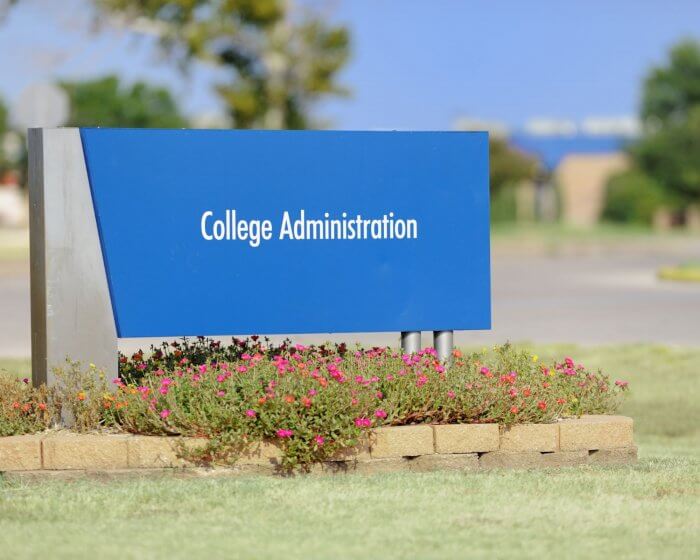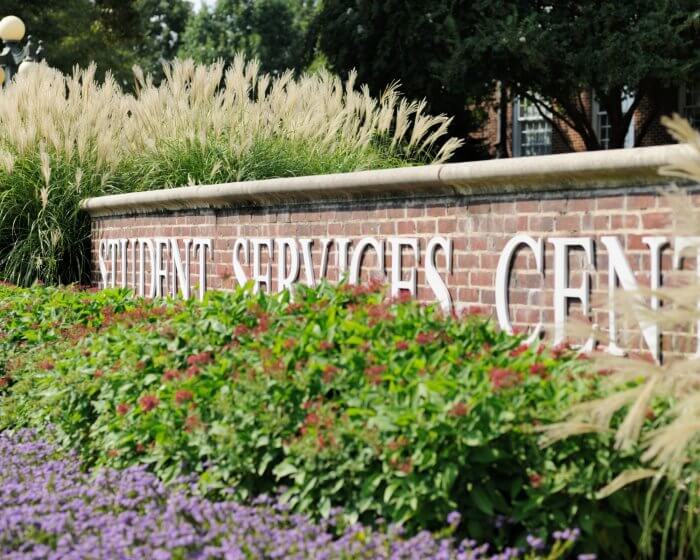I am not going to sugarcoat it: as a college student, there is no good time for your grades to start slipping. Having a bad semester – or even just one terrible grade – can make your GPA plummet and put you at risk of losing scholarships, grants, and other financial aid. Moreover, if the low point of your academic career comes right before graduation? Well, let’s just say that things could get pretty ugly.
You won’t be able to graduate if you’re failing a class, after all. And if you can’t graduate? Well then that means that you won’t be able to collect your diploma, and that means that you won’t be able to get a decent job, go to grad school, or start the next chapter in your life.
Why You Should Avoid Failing A Class Right Before Graduation?
As a college graduate, you’re supposed to have what it takes to complete your education. Part of that is being able to manage your classwork, which includes completing assigned tasks before the due date.
Failing a class right before your graduation, especially in the final term, is definitely a huge setback. This could lead to re-taking that course or even graduating later than scheduled. You can also receive a non-punitive academic probation or even be suspended for being unable to keep up with your studies, and your academic record could be marred with a failing grade.
What Should You Do When Failing A Class Right Before Graduation?
There are some steps you can take to try to prevent this from happening in the first place, but once it does happen what should you do?
To help future students avoid these last-minute disasters we’ve compiled a list of tips on how best to manage when faced with failing grades in college right before graduation.
Find Out What Is Your College Policy On The Matter

Understanding what you college’s policy on academic probation, failure and dismissal is the first step in knowing your next move.
Every college has it’s own policy on students who fail courses or accumulate too many failing grades. Some colleges allow students to fail a certain number of credit hours. Once you reach this limit, you have a serious problem.
But if this is your first failure or if you have failed fewer credits than your college allows, don’t panic. You probably still have some options available to minimize its impact on your final transcript.
It’s also important if the class you’ve failed is mandatory for your degree. If it is and you don’t have an option to take the course again, you need to find another one that satisfies your degree requirements.
Check out how many credits you need and how many credit hours you’ve earned overall. If you realize that you’re only 1 or 2 credits short of graduating, that should help reduce your anxiety.
Keep Your Mood Up Anyway

Don’t lose all hope. Lots of students have been in your shoes before and they’ve found a way to succeed even with the odds stacked against them.
Students who fail courses can sometimes retake those same courses at another college or university as long as the new school will accept transfer credits from your old college. If you still want access to your transcript, you can always pay to have the failing grades removed.
If this is all too much for you, don’t be embarrassed about skipping graduation. Lots of people miss their own graduation because they’re afraid of walking across that stage with a lowered head. Just know that it’s not the end of the world if you fail a class.
Stay positive while you figure out what your next move is. You can get through this!
Manage Your Time Properly

It’s critical that you take control of your daily routine and manage your time effectively, reducing the amount of time you spend doing activities that are not essential to your success.
Your habits can be a powerful tool in helping you reach your goals. In order to avoid getting behind during the final stretch of your senior year, it’s important that you establish and maintain a strict schedule.
Don’t take on too much, and be sure to prioritize the items on your to-do list.
Talk To Your Professor

Whether or not they flat out tell you, most professors are understanding when it comes to situations like this. Call them up and let them know your situation; ask if there’s any way they can give you an extension before the end of semester. Be honest about your work schedule and how difficult it is for you to get everything done on time.
If they still can’t help you, but want to give you the grade anyway, ask them to put it in writing so you have some sort of backup plan if something goes wrong. You don’t want this to get kicked up the chain and have your “I tried everything” claim be doubted because your professor never wrote anything down for you.
Speak With Your School’s Administration

If your grades are slipping, chances are there is some sort of school policy regarding the matter. If you don’t know what it is (or can’t find anything), call up your student services office or ask at the registrar’s office. They’ll be able to connect you with someone who can tell you how to proceed.
There are a lot of different scenarios where this can come into play, so as much as you think your situation is special, it’s very likely someone from the school has heard it before.
In some cases, you might have to pay a fee or take a certain number courses elsewhere in order to graduate. In others, they might just pull you aside at your graduation and tell you to pick up your diploma later. And in others, they might just let it slide altogether.
Speak With The Dean Of Students Office
Dean of Students offices handle a lot of different cases; some more serious than others. If your school’s admin and professors think you’re doing the best you can, but it still isn’t working for you (for example: falling behind in one class because of work, a problem at home, a medical issue, etc.), then it might be worth going to the dean’s office and seeing what they can do for you.
Depending on your school’s policy and how behind you are in class, there may not be much they can do. But again, no harm in asking.
If your school lacks a dean of students office, head to the department that handles student conduct. They’ll have a good idea of what you should do and what options you have.
Talk To The Adviser Of Your Student Organization

One of the main reasons many students get involved in campus organizations is to network and build professional relationships with peers. If you’re having trouble balancing your classwork and extracurricular activities, it might be worth talking to one of the advisers to see what they can do for you.
Also, depending on the organization’s policy, you might experience some benefits if you’re struggling in school. For example, some of the student organizations award academic achievement pins to members who are in danger of being put on academic probation by their institution.
You might have to consider quitting your student activities until you get back into good standing in school or pay for membership on your own if the organization doesn’t offer any solutions.
Use Student Services Heavily

One of the most important things to do when you’re on Academic Probation and failing a class is to make use of Student Services. A common misconception is that Student Services are only used to get people into Social Clubs or to purchase textbooks. In reality, their job description entails far more responsibilities than that. They are there to help you succeed, however they can.
If you’re concerned about your academic performance, don’t hesitate to use the resources available to you. Your school’s counseling center might be able help with anxiety, depression, or anything else that’s interfering with your ability to pass classes.
Your school’s disabilities office also provides support for students who have conditions like ADHD or health problems that make it difficult to pass classes. If you need tutoring, make sure you ask for assistance from your school’s learning centers first.
Try To Find A Tutor

Tutors can help you better understand the material you need to succeed and they can also help you improve your grades. Whether you are struggling with your senior project or if you are having trouble understanding a topic in one of your classes. Tutors can help you reach that next level.
Good tutor can show you how to do well on your homework assignments, how to write a great research paper or even help you prepare for your final exams.
College campus tutoring is a great option for those who would like one-on-one tutoring, but you can also find tutoring centers if you are looking for a more affordable option. Some of these tutoring centers even offer group setting, so you can share a tutor with your friends if needed.
Explore Other Opportunities
If you’re only a semester away from graduating, but are struggling with one or two classes, consider transferring that credit elsewhere. If the credits equivalent to what you need for graduation is available at another school, then transfer there. Even if it’s not, you might be able to get the grade you need by taking an online course or doing some sort of independent study with your professor.
Conclusion
If you’re failing a class right before graduation, it’s important to realize that the implications go beyond just not graduating with your peers. You may be unable to find employment in certain fields, and getting another degree is more difficult (and expensive) than expected. If this has happened to you, act now! Don’t sit back and let your life slip away because of one bad decision.

